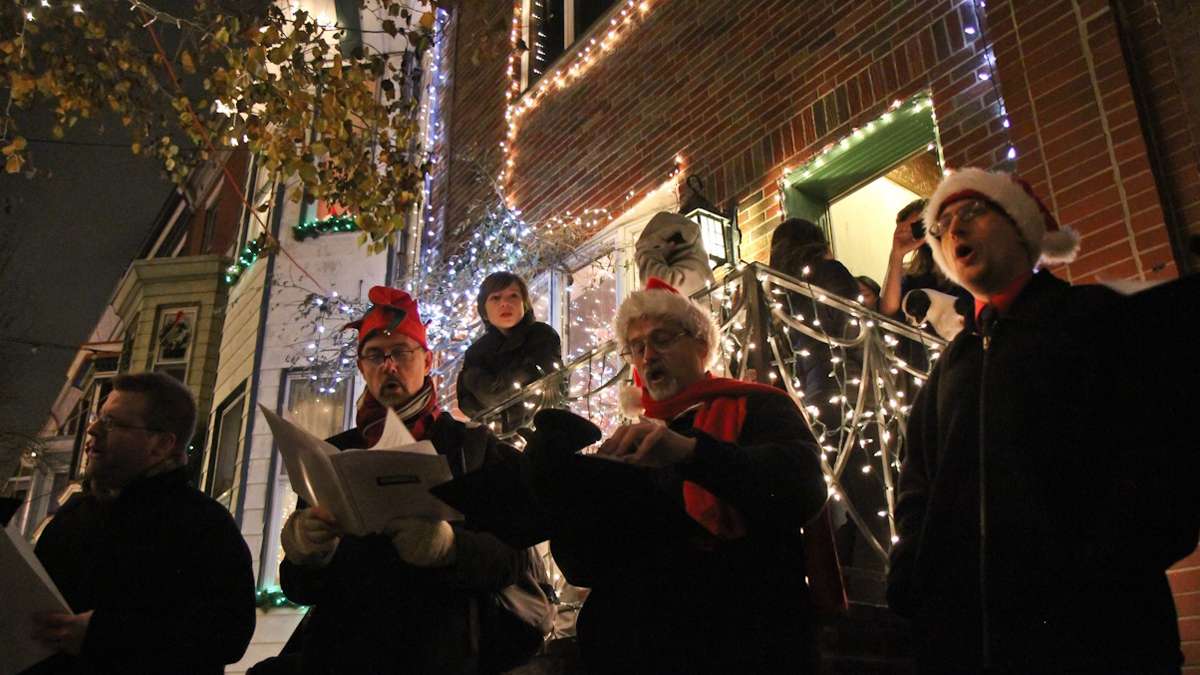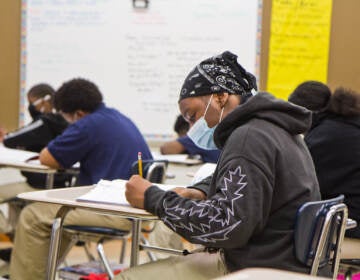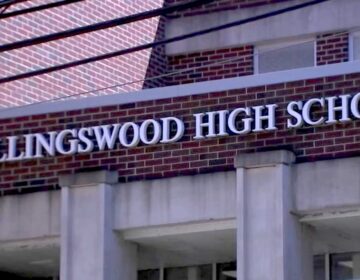Feds to retry Philly charter school founder after jury deadlocks on most charges
A federal jury in Philadelphia has deadlocked on most of the fraud charges against charter school founder Dorothy June Brown and acquitted her on six criminal counts after seven days of deliberation. Prosecutors say they will retry her.
Brown was charged along with four co-defendants with defrauding four charter schools she founded of $6.7 million and concocting a scheme to cover it up.
The jury Thursday acquitted her of four counts of wire fraud related to the misuse of a $205,000 state grant, as well as one count of obstructing justice and one count of witness tampering.
“We’re certainly encouraged that the jury did not find Dr. Brown guilty of anything,” defense attorney William McSwain said after the partial verdict. “We believe in her innocence.”
Assistant U.S. Attorney Joan Burnes, who prosecuted the case along with Assistant U.S. Attorney Frank Costello, said, “We accept the verdict, and we look forward to the retrial.”
U.S. District Judge R. Barclay Surrick urged the jury to attempt to reach a verdict on the remaining counts, but the jury foreman wrote it was clear the panel could not agree.
“Emotions are running high,” said the foreman’s note to Surrick. “Tears have been shed and some jurors have experienced sickness.”
Speaking to reporters afterward, juror Christine Dick of Malvern said nine of the jurors were prepared to convict Brown, but three insisted there was doubt about her guilt.
Two of Brown’s co-defendants pleaded guilty before the trial, while two others were acquitted.
Charter school trouble
The case is the fifth federal prosecution of local charter school operators in seven years, raising questions about the regulation of the growing charter school movement.
Before 2008, Brown collected full-time salaries as the chief executive officer of three charter schools she founded. In addition, two management firms she owned collected millions in fees for services to the Agora Cyber Charter School, which she also established.
Prosecutors charged that Brown provided little or no services to Agora in return for the money.
Neither Brown nor her co-defendants testified in the case. Defense attorneys argued that the charter schools achieved excellent outcomes for students and that Brown’s compensation, while perhaps generous, was not illegal. They also argued that prosecutors had not proved that June and other officials had falsified documents to cover up financial fraud.
Several witnesses testified that forged signatures and fabricated documents were used to support Brown’s claims for compensation.
Repeated prosecutions involving financial fraud charter school highlight a failure of government oversight, according to Temple Law professor Susan DeJarnatt.
“We are trying to deal with an oversight problem in the most expensive, costly way possible,” DeJarnatt said. “That is, by having criminal prosecutions of the worst of the worst. Whereas, if we put the resources in early into real oversight, we could — one would hope — avoid this situation.”
DeJarnatt, who researches the finances and governance of charters, said they get millions in tax-supported education funds, but are typically run by nonprofits.
“They are governed primarily by disclosure,” she said. “That is, they’re operated by volunteer boards of directors, and there’s all sorts of entities that get all sorts of paperwork about them.”
A Philadelphia charter is required to file a lengthy annual report that’s posted on a state website.There are other materials filed with the Philadelphia School District and the federal tax form 990, which is public and contains information about funding sources, salaries and other spending. And the schools are audited every year.
“But the problem is all this paperwork is sitting out there, and there are very few resources devoted to anyone looking at it,” DeJarnatt said.
WHYY is your source for fact-based, in-depth journalism and information. As a nonprofit organization, we rely on financial support from readers like you. Please give today.














